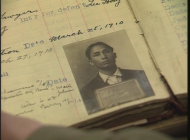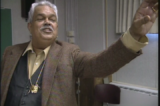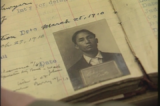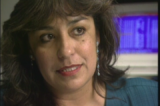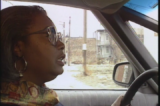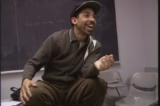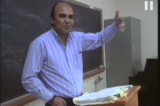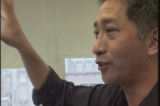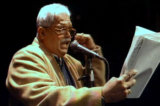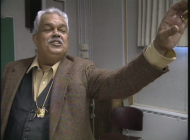
Shattering the Silences offers audiences an unprecedented opportunity to see American campuses through the eyes of minority faculty. In 1997 when this documentary was broadcast, campus diversity across the country was under attack. Affirmative action programs were banned, ethnic studies departments defunded, multicultural scholarship was impugned. At that time minority faculty constituted only 9.2% of all full professors and minority student population was dropping. The pipeline of new scholars was fragile.
Shattering the Silences cuts through the rhetoric of the Culture Wars and Affirmative Action by telling the stories of eight pioneering scholars – African American, Native American, Latino and Asian American.
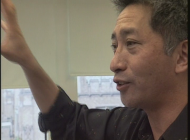
There is laughter, pain, anger and tears as these voices tell a double edged story about the obstacles and challenges, victories and stumbles on their journey to the ivory tower. As we watch them teach, mentor and conduct research, we get a glimpse of how a diverse faculty enriches and expands traditional disciplines and contributes to a more inclusive campus environment.
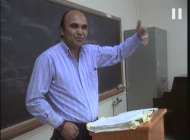
“What I try to do is bring some balance. Because the system has not been balanced.” David Wilkins, Professor of Political Science, Univ of Arizona, Tucson and Lumbee Indian.
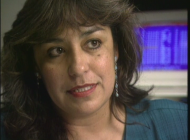
“I did not feel that I belonged and I was struggling to connect and for someone like myself who felt connected my entire life to be asked to survive in an environment where yu do not feel that you belong that you’re part of that culture, it was too overbearing for me.” Gloria Cuadraz, Assistant Professor, American Studies, Arizona State West, Phoenix.
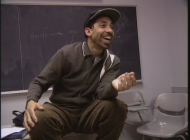
“I like to think that my own work has forced historians, irrespective or race, to rethink our assumptions about politics, about resistance. I think that’s one important reason for us being here as scholars”. Robin Kelley, Professor of History, New York University.
“I came from a family where culture prevailed. My folks gave me a love of culture. So there is nothing surprising about Shakespeare being in my life. It would be surprising if he weren’t. I work for him and he works for me. He wanted to have a place to tell the story of England; so I wanted to have a place in which to tell the story of the Lower East Side.” Miguel Algarin, Professor of English Literature, Rutgers University and founder of Nuyorican Poets Cafe in New York.
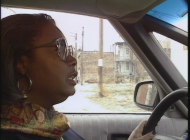
“I decided to major in something called Asian-American literature, except there were no teachers, no assignments, no credits, no classes. I just had to know if there was a generation of writers before me, because I wanted to learn from them.” Shawn Wong, Professor of English, University of Washington, Seattle.
Opening up institutions doesn’t come easily. New scholarship is by definition challenging and minority scholars are constantly drawn into a debate over who defines truth and who decides what to teach. Answering to the need of an overwhelmingly white institution, minority professors are also often overburdened by the demands put upon them.
Dr. Darlene Clark Hine looks back on the first wave of minority women faculty as “a sacrificial generation.” Other scholars include Nell Painter, Edwards Professor of History at Princeton University and Alex Saragoza, then Professor of Chicano Studies at University of California at Berkeley.
Major funding was provided by The Ford Foundation. Additional funding was provided by The Florence and John Schumann Foundation.
For more background on the film check out both the PBS website and the distributor’s, California Newsreel. Study guides available.
Credits: Editor: Elizabeth Ackerman; Cinematographers: Robert Shepard, Michael Chin, Rick Butler; Narrator: Lynn Thigpen
